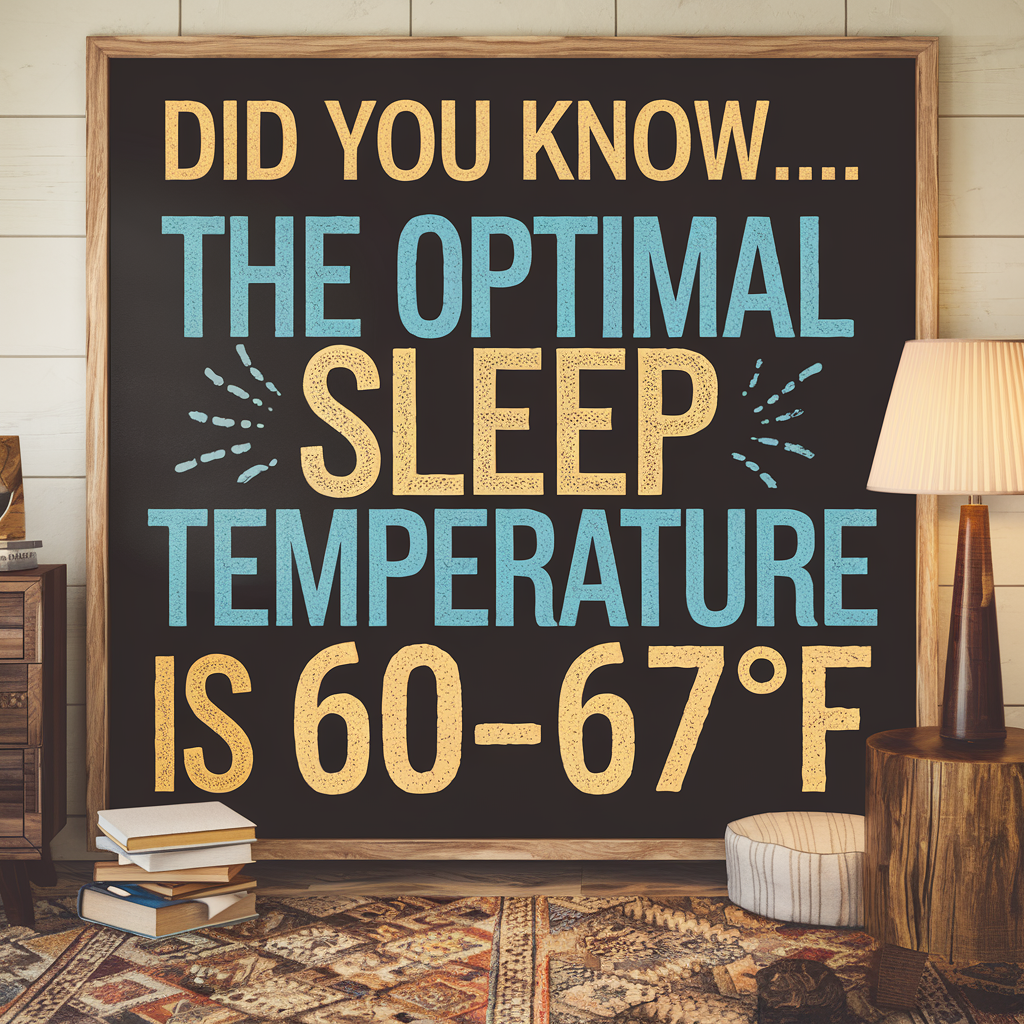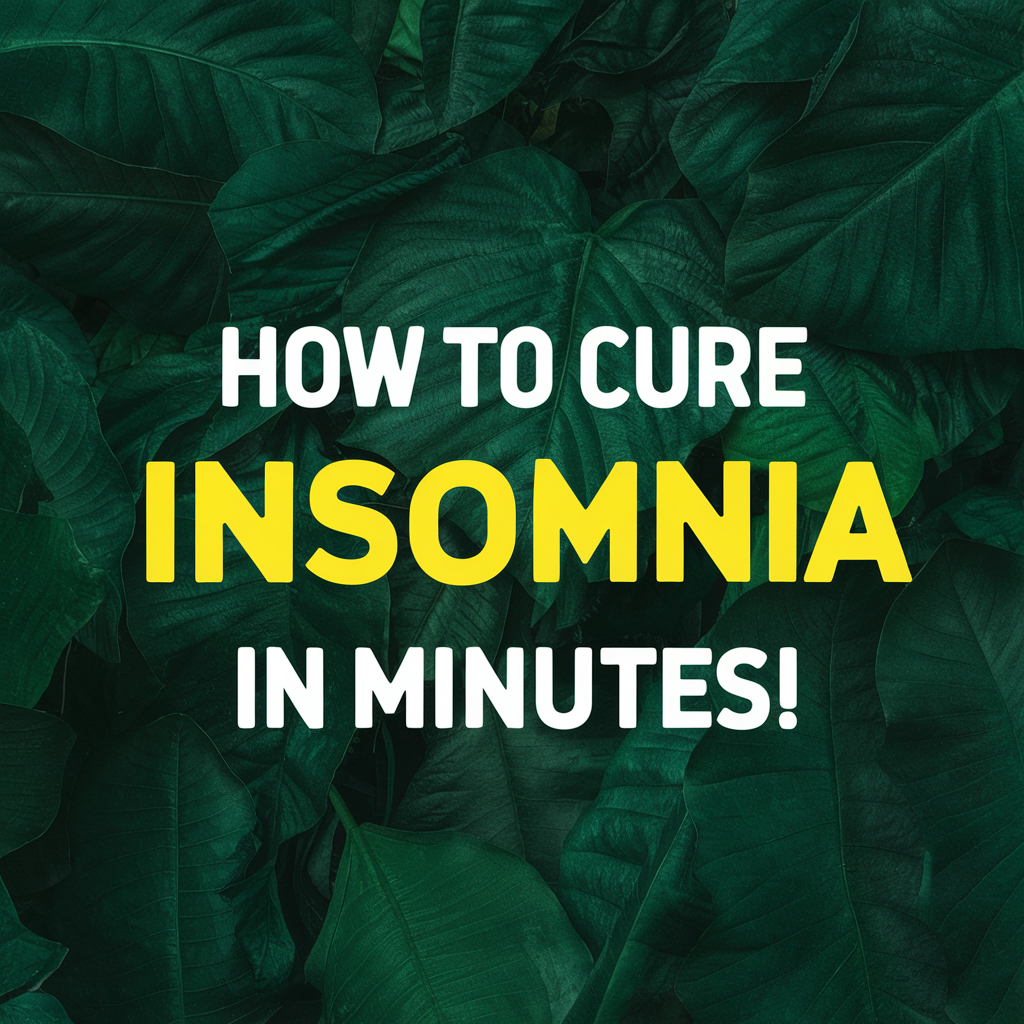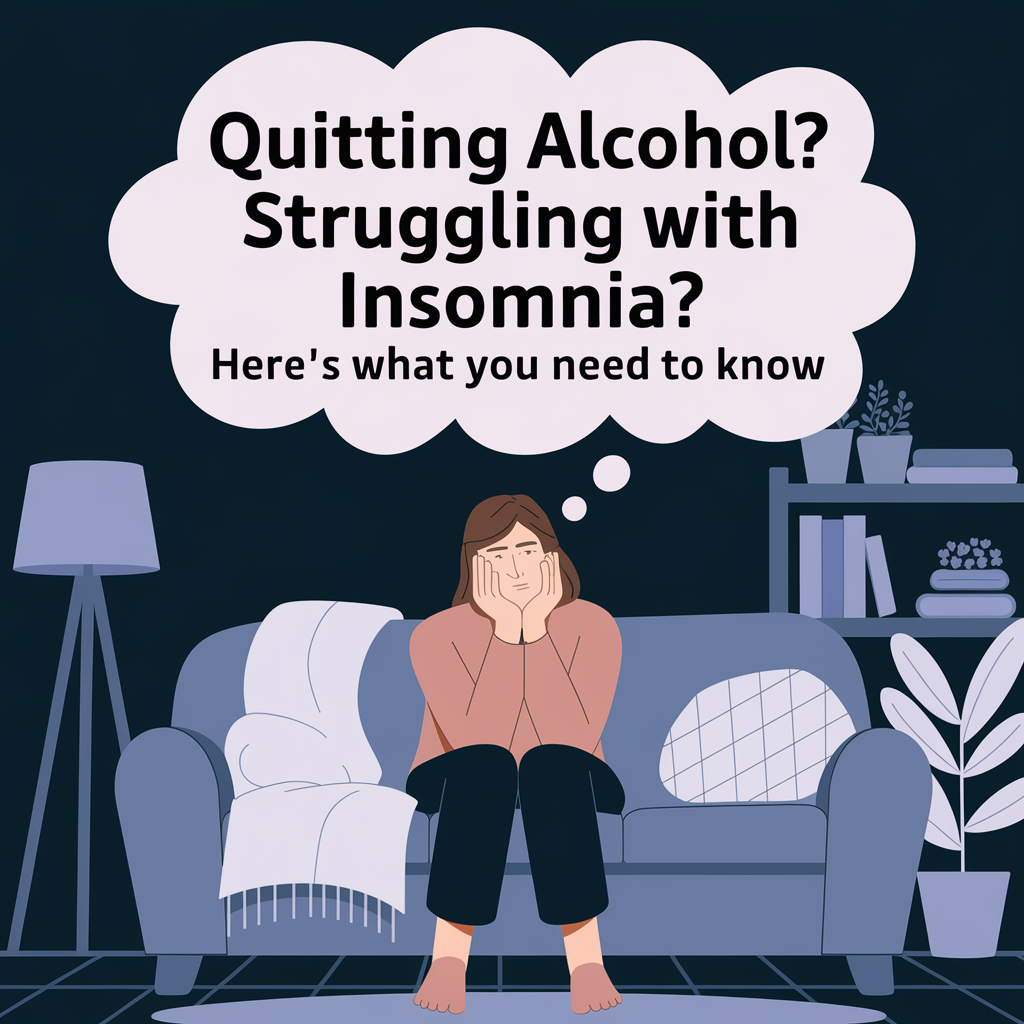
Bedroom Humidity and Sleep. Why Do I Wake Up Tired?
I used to think it was just stress or my mattress. I’d get a solid 7–8 hours of sleep, but still wake up feeling like I’d been hit by a truck. No energy. Brain fog. Dry throat. It wasn’t until I started paying attention to the air in my bedroom that I realized something huge—bedroom humidity and sleep are directly connected. And if you’re waking up feeling exhausted for no good reason, humidity might be your hidden sleep thief too.
I want to walk you through what I discovered and how making just a couple changes completely turned my nights around. This isn’t just theory—this is from someone who’s been there, groggy-eyed and frustrated, trying everything until finally landing on something that actually helped.
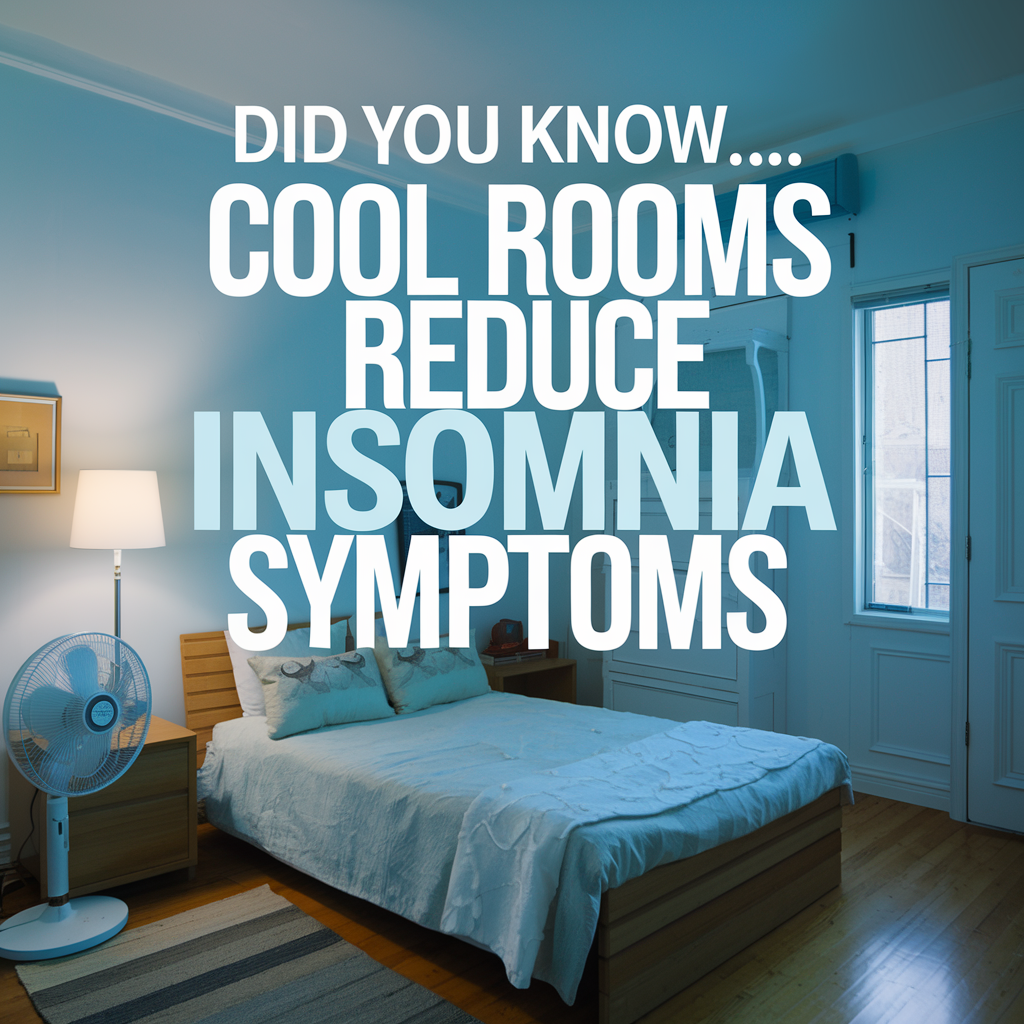
How Humidity Affects Sleep Quality
Most people never consider humidity when it comes to sleep. We think about caffeine, screens, even the wrong pillow. But air moisture? Hardly gets a thought. And yet, too much or too little can totally sabotage your night.
When humidity is too high, the air feels thick and heavy. Your body can’t cool itself efficiently, which disrupts your natural temperature drop that’s essential for falling and staying asleep. You wake up sweating or constantly tossing the covers off. I used to think I was just a “hot sleeper”—turns out my room was sitting at 70% humidity some nights.
Too low, and the air dries out your nasal passages and throat. You’re more likely to wake up coughing, congested, or with dry, irritated eyes. I learned this the hard way during winter when my heating system sucked all the moisture out of the air.
According to the Environmental Protection Agency (EPA), the ideal indoor humidity level is between 30% and 50%. For sleep, most experts—including the folks at the National Sleep Foundation—recommend the sweet spot is around 40–60%.
So if you’re outside of that range, your body feels it—even if your brain hasn’t caught on yet.

Signs Your Bedroom Humidity Is Off
I started noticing a few key signs before I ever checked my humidity levels. If any of these ring a bell, it might be time to take a closer look:
- You wake up drenched in sweat, even with the A/C on or fan blasting.
- Dry throat or nose in the morning, like you slept with your mouth open all night.
- Windows fogging up or condensation forming—a sure sign of high moisture.
- Musty smells or that damp, sticky feeling in the air.
- Allergies or asthma flaring up at night, worse than usual.
- You wake up more tired than when you went to bed, and can’t figure out why.
I had a few of these going on at once, and didn’t realize how related they were until I started digging into the science. Once I got a cheap humidity gauge for my room, it was obvious—my bedroom was hovering around 65% most nights. Way too high.
When I finally bought this bedroom dehumidifier, it wasn’t just about drier air—it was about better sleep. And man, did I feel the difference fast.

What’s the Best Humidity Level for Sleep?
Once I started learning more about how air moisture affects sleep, I kept seeing the same target range: 40–60% humidity. That’s the zone where your body breathes easiest, your skin doesn’t dry out, and you’re not sweating through the sheets.
But here’s the kicker—the best level depends on the season and your home. In the winter, your heater can dry the air out below 30%. In the summer, humidity can climb past 70%, especially if you live in the South like I do.
After a lot of trial and error, I found that 45–50% is my personal sweet spot. At that range:
- I don’t wake up sweating
- My throat isn’t dry
- My sinuses stay clear
- And I actually feel refreshed in the morning
I keep a small digital hygrometer in the corner of the room just to monitor it (they cost like ten bucks). That little thing clued me in to what my body had been trying to tell me for years.
If your bedroom consistently falls outside that 40–60% zone, your sleep will suffer—even if you don’t realize it yet. It’s not just about comfort either. According to the CDC, overly humid air encourages mold growth and dust mites, both of which can mess with your breathing and immune system.

How Humidity Affects Your Body Temperature at Night
Your body naturally cools down as part of its circadian rhythm. This dip in core temperature is part of what signals to your brain: “Hey, it’s time to rest.”
But when the air is humid? It messes with that process.
High humidity makes it harder for sweat to evaporate, which is how your body cools itself. You end up overheating—even in a cool room. That’s why on muggy nights, you can feel hot and sticky even with the fan on full blast.
On the flip side, air that’s too dry pulls moisture from your skin and airways. That leads to dry sinuses, irritated skin, and even nosebleeds for some folks.
If you’ve ever tossed and turned without knowing why, it might not be stress or caffeine—it could just be the air around you.
That’s why I now pair my humidity control with a smart thermostat that adjusts the temp and airflow at night. If you haven’t yet, check out this WiFi thermostat we use—it made a bigger impact than I expected, especially during the changing seasons.
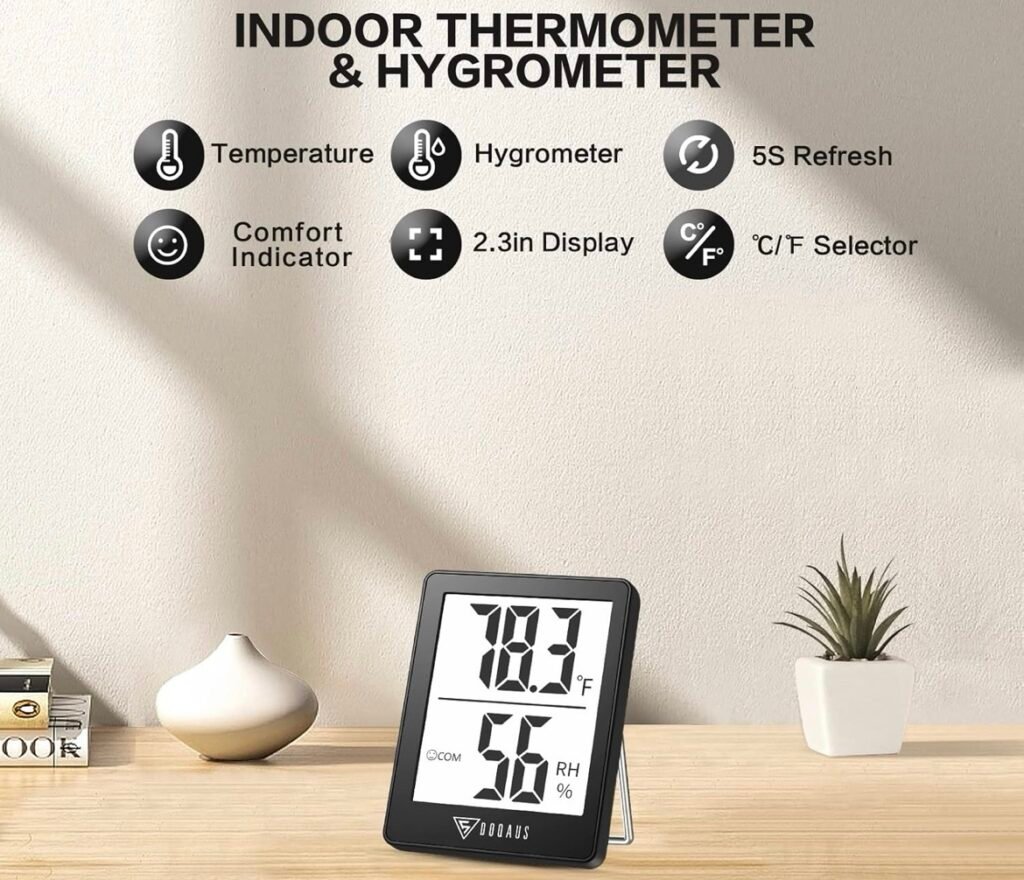
How I Finally Measured My Bedroom Humidity (And Why You Should Too)
I used to think my bedroom felt fine—until I realized that “feeling” wasn’t a reliable indicator of actual humidity levels. Turns out, if your room is even a little too damp or dry, your sleep can suffer big time. That’s when I picked up this DOQAUS Digital Hygrometer 3-pack—and I’ve been recommending it to everyone since.
These little guys are super affordable, refresh every 5 seconds, and give you real-time temperature and humidity levels. I put one on my nightstand, one in our bathroom, and another in the nursery.
What shocked me was how often my room’s humidity was either too high (over 60%) or too dry (under 30%)—both of which can seriously wreck your sleep. Some of the signs I had been ignoring?
- Waking up with a dry nose or scratchy throat
- Night sweats and tossing off the covers
- Musty smells in corners of the room
- Static electricity (yep, too dry!)
If you don’t know your room’s humidity levels, start here: this exact hygrometer takes the guesswork out. Once I saw the numbers, it all started to make sense—and I could finally do something about it.

What Actually Fixed the Humidity Problem in My Bedroom
After tracking our humidity for a few weeks, it was clear we had a moisture issue—especially during spring and summer. I tried basic tricks like opening the window or using the bathroom fan, but nothing really worked long term.
Eventually, I invested in a real bedroom dehumidifier. I went with this 1600 sq. ft. dehumidifier and it seriously changed our sleep.
Here’s what I love:
- Continuous drainage so I’m not dumping water every morning
- Washable filter for less maintenance
- Quiet operation that actually doubles as relaxing white noise
- It started pulling buckets of moisture from the air on day one
The result? I’m sleeping deeper, waking up without that sticky feeling, and no more damp sheets or musty corners. If humidity might be messing with your sleep too, I wrote all about it here: Best Bedroom Dehumidifier for Sleep – This One Changed Our Nights.
And if you want to understand why this stuff matters so much, I also dug into it in Bedroom Humidity and Sleep – Why You Might Be Waking Up Tired. Once you get a handle on your room’s air, sleep just gets easier.

Why High Humidity Made Me Toss and Turn at Night
I didn’t always know what was causing my restless sleep, but after some digging (and way too many sweaty nights), I realized it was high humidity. When the air holds too much moisture, your body struggles to regulate temperature. You feel hotter than it actually is, which leads to:
- Constant tossing off the blankets
- Waking up drenched in sweat
- Even a funky, sour smell in your bedding over time
Before I had a dehumidifier running, I’d wake up more exhausted than when I went to bed. Now, thanks to this powerful but quiet dehumidifier, my room stays under 50% humidity most nights—and it makes a huge difference.
I shared more details in Best Bedroom Dehumidifier for Sleep – This One Changed Our Nights if you’re curious how it works or want to see it in action.
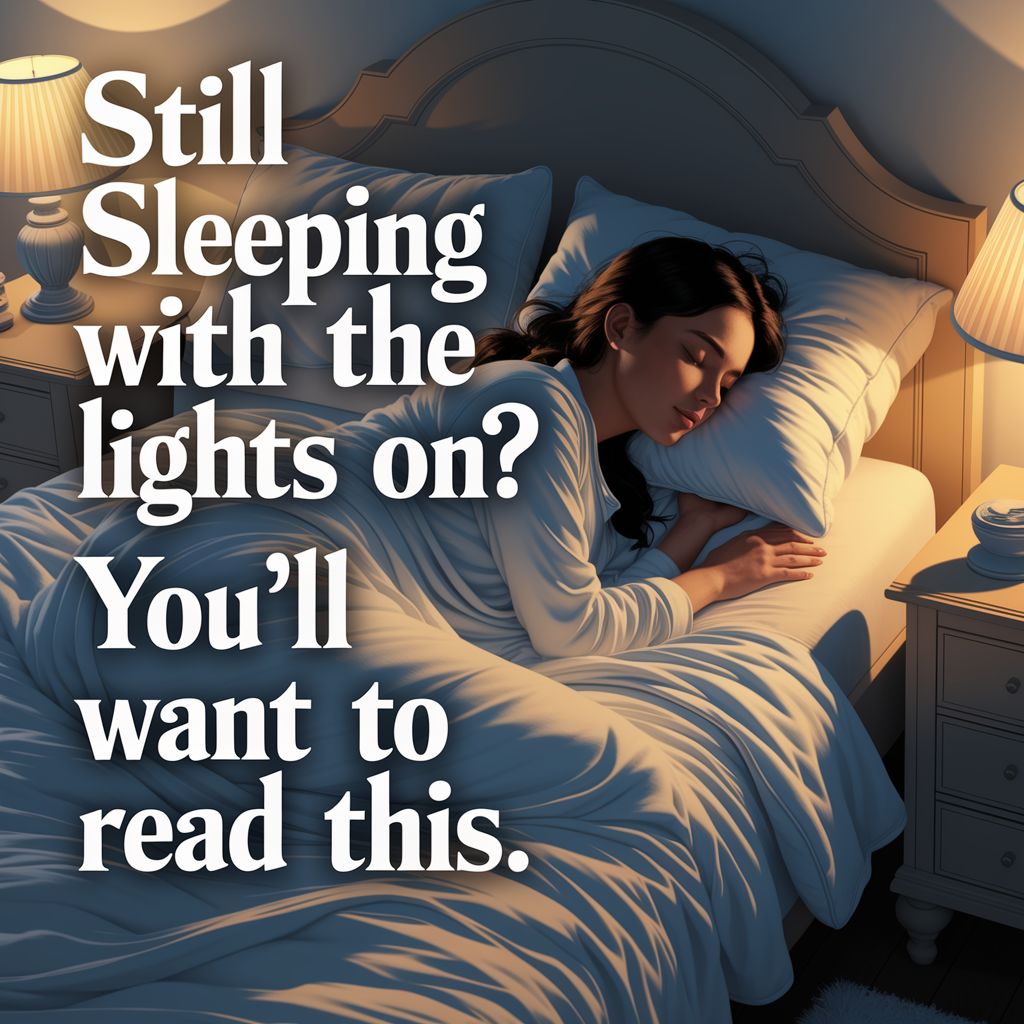
Low Humidity Was Also a Problem—Here’s How I Fixed That Too
Funny thing? Once fall and winter hit, I had the opposite issue. The air got too dry. If you’ve ever woken up with:
- Cracked lips
- Dry throat
- Bloody nose
- Itchy skin
…it might not be allergies—it could just be dry air. Our bedroom’s humidity dipped below 30%, and I wouldn’t have known it if I didn’t check using this DOQAUS Indoor Hygrometer.
To fix it, I turned to a humidifier instead—and paired it with an auto-fill setup that keeps it running all night without hassle. When humidity stays in that sweet spot between 40–50%, my breathing, skin, and sleep all improve.

The Right Humidity = Better Sleep, Deeper Rest, and Happier Mornings
What really convinced me this humidity stuff matters? I track my sleep. Using a sleep tracking app, I noticed that when my room was at ideal humidity, I got more deep sleep and woke up way less.
Keeping our bedroom air balanced:
- Helped me fall asleep faster
- Reduced night sweats and dry throat wakeups
- Made our whole room feel fresher and more breathable
Now we always check our hygrometer before bed (this one here updates every 5 seconds) and run either a humidifier or dehumidifier depending on the season.
If you’re not sleeping well and can’t figure out why, seriously—check your room’s humidity. It might be the missing link.
And if you’re still waking up tired, here’s another deep dive into why bedroom humidity affects your energy. It all ties together.

What I Do Now Every Night—And Why You Should Too
Every night before bed, I run through a simple checklist that’s made a huge difference in how I sleep:
- Check the humidity using my DOQAUS digital hygrometer
- If it’s over 55%, I turn on our bedroom dehumidifier
- If it’s under 40%, I use our auto-fill humidifier setup
- I keep the bedroom door closed, curtains drawn, and fans running on low

Simple stuff, but it works. And it’s not just me—there’s research behind it. According to the CDC, maintaining indoor humidity between 40–60% is ideal for health and comfort. Anything outside that range can lead to respiratory irritation, mold growth, or poor sleep quality.
If you’re waking up groggy, sweaty, or with a dry mouth—don’t ignore it. Start with a humidity monitor, and let your room tell you what it needs. Once I did that, everything changed. Sleep became deeper. I stopped waking up randomly. And mornings? Way easier to face.
And if you want to go even further, I’ve got a full article that dives deeper into why humidity could be the reason you’re waking up tired—worth the read if you’re serious about fixing your sleep.
Sleep is too important to leave to chance. Take control of your bedroom air and see what happens—you just might be surprised how much better you feel by morning.
As an Amazon Associate we earn from qualifying purchases through some links in our articles.
